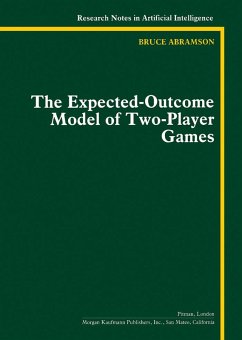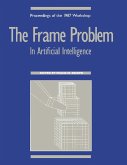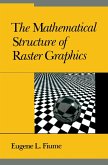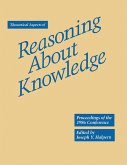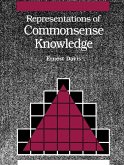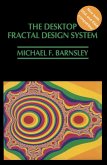Comprised of eight chapters, this book begins with an overview of the rationale for the mathematical study of games, followed by a discussion on some previous artificial intelligence (AI) research efforts on game-trees. The next section opens with the definition of a node's expected-outcome value as the expected value of the leaves beneath it. The expected-outcome model is outlined, paying particular attention to the expected-outcome value of a game-tree node. This model was implemented on some small versions of tic-tac-toe and Othello. The book also presents results that offer strong support for both the validity of the expected-outcome model and the rationality of its underlying assumptions.
This monograph is intended for specialists in AI and computer science.
Dieser Download kann aus rechtlichen Gründen nur mit Rechnungsadresse in A, B, BG, CY, CZ, D, DK, EW, E, FIN, F, GR, HR, H, IRL, I, LT, L, LR, M, NL, PL, P, R, S, SLO, SK ausgeliefert werden.

